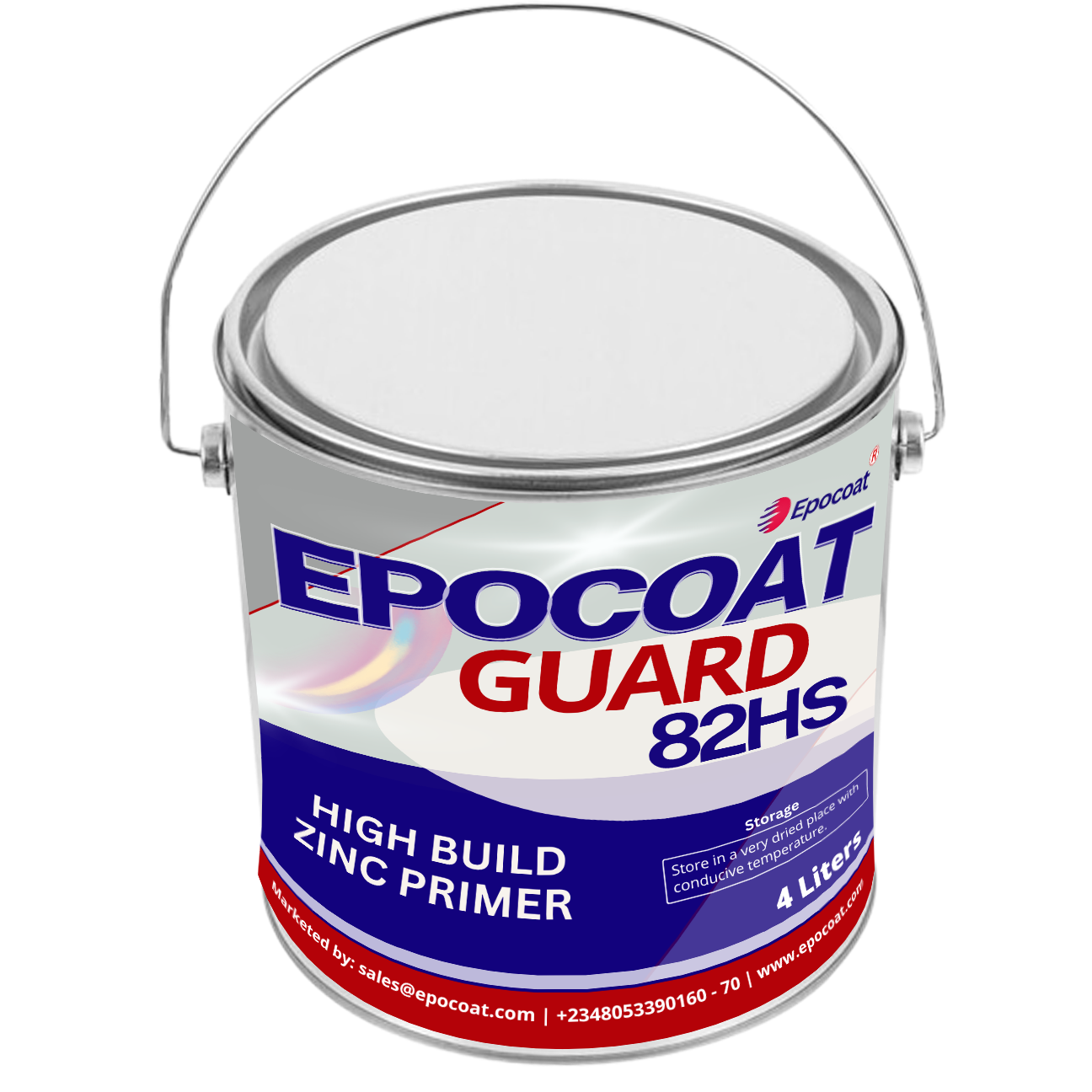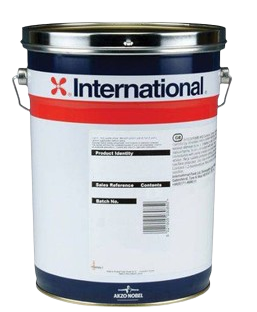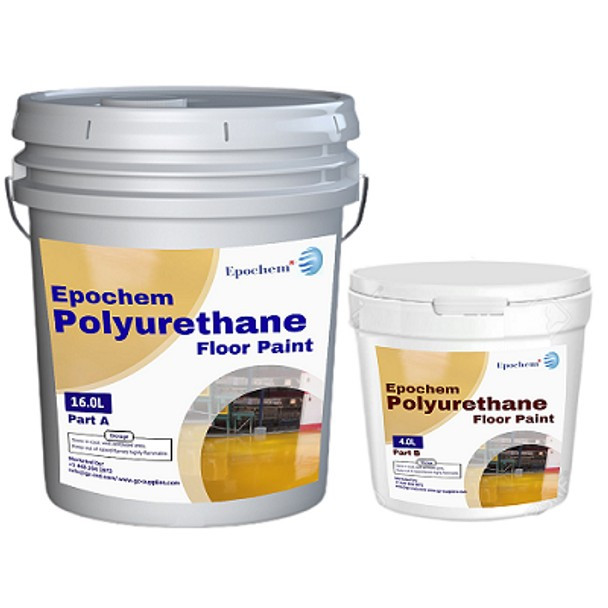Factors to Consider When Selecting a Professional Surface Coating Contractor
Key Takeaways
Introduction
Selecting the right professional surface coating contractor is crucial for ensuring the longevity, durability, and aesthetic appeal of your project. Surface coatings serve as a protective barrier against environmental factors like moisture, UV rays, and chemicals. They also enhance the appearance of structures and surfaces, making it essential to work with a contractor who understands the technicalities of the job. A well-applied coating can extend the lifespan of your surfaces, reduce maintenance costs, and prevent costly repairs.
Choosing a contractor involves several critical steps, from assessing experience to verifying credentials and evaluating pricing. This process requires careful consideration to avoid potential pitfalls and ensure that your project is completed to the highest standards. By understanding the key factors involved, you can make an informed decision that aligns with your specific needs and expectations.
Ways Of Assessing Contractor Experience and Expertise
1. Industry Experience
When selecting a surface coating contractor, their experience in the industry is a primary consideration. Contractors with extensive experience are more likely to have encountered a variety of challenges and developed solutions that ensure high-quality results. For instance, a contractor with decades of experience in marine coatings will likely have a deeper understanding of how to protect surfaces against saltwater corrosion compared to someone new to the field.
Specialized Knowledge and Skills
Surface coating is a specialized field that requires knowledge of various types of coatings, substrates, and application methods. It's important to select a contractor who has specific expertise relevant to your project. For example, if you need industrial coatings for a chemical plant, you should choose a contractor who understands the chemical resistance properties required for such environments. Certifications, specialized training, and familiarity with advanced equipment are indicators of a contractor's proficiency in their trade.
Portfolio of Previous Work
A contractor's portfolio is a window into their capabilities and craftsmanship. Reviewing their previous work allows you to see firsthand the quality of their work and assess whether they are a good fit for your project. Look for projects that are similar in scope and complexity to yours. For example, if you need a contractor for a large commercial building, check if they have completed similar projects successfully.
2. Verifying Credentials and Certifications
Licensing and Certifications
Before hiring a surface coating contractor, it’s essential to verify that they have the necessary licenses and certifications to operate legally. Licensing requirements vary by region, but a legitimate contractor should have no issues providing proof of their credentials. Certifications from industry-recognized bodies, such as the NACE International Institute or the Society for Protective Coatings (SSPC), indicate that the contractor has met rigorous standards and is committed to maintaining high levels of professionalism and expertise.
Insurance Coverage
Insurance is a critical factor that should never be overlooked. A reputable contractor should carry both liability insurance and workers’ compensation coverage. Liability insurance protects you in case of property damage during the project, while workers’ compensation covers any injuries that may occur on the job. Hiring an uninsured contractor could leave you liable for accidents, resulting in unexpected financial burdens.
Membership in Professional Organizations
Contractors who are members of professional organizations demonstrate a commitment to staying current with industry trends and standards. Membership in organizations like the SSPC or the International Union of Painters and Allied Trades (IUPAT) is a positive sign that the contractor is engaged with the industry and adheres to its best practices. These memberships also provide access to ongoing education and resources, which can translate to better service for you.
3. Evaluating the Contractor’s Reputation
Client Testimonials and Reviews
A contractor's reputation is often reflected in client testimonials and online reviews. Positive feedback from previous clients can provide reassurance that the contractor is reliable and delivers high-quality work. However, it's important to read both positive and negative reviews to get a balanced understanding of their performance. Look for consistent themes in the feedback, such as punctuality, professionalism, and attention to detail.
References and Case Studies
In addition to online reviews, ask the contractor for references from past clients. Speaking directly with previous clients allows you to gather insights into the contractor’s work ethic, communication, and overall quality. Case studies are also valuable as they provide a detailed account of how the contractor handled specific challenges and delivered results. For example, a case study might showcase how the contractor successfully applied a specialised coating in a complex industrial environment.
Reputation in the Industry
Beyond client feedback, a contractor's reputation within the industry can be telling. Contractors who are well-regarded by their peers and suppliers are likely to be more reliable and trustworthy. You can often gauge this by speaking with suppliers who work with the contractor or by checking if the contractor has received any industry awards or recognitions.
4. Assessing the Contractor’s Approach to Quality Control
Quality Assurance Processes
A contractor’s approach to quality assurance is crucial in determining the final outcome of your project. Quality assurance processes ensure that each step of the surface coating application meets the specified standards. A reliable contractor will have documented procedures for each phase of the project, from surface preparation to the final inspection. These procedures should include regular checks and balances to catch any potential issues before they become major problems. Ask potential contractors to describe their quality assurance processes and how they ensure consistency in their work.
Use of High-Quality Materials
The longevity and performance of a surface coating depend heavily on the quality of the materials used. Reputable contractors will source their coatings and related materials from trusted manufacturers known for producing high-performance products. Inquire about the brands and types of coatings the contractor plans to use and why they have chosen those specific products. A knowledgeable contractor should be able to explain how the materials will meet the specific needs of your project, whether it involves UV resistance, chemical protection, or durability in harsh environments.
Adherence to Industry Standards
Industry standards, such as those set by the SSPC, NACE, or ISO, exist to ensure that surface coatings are applied correctly and safely. These standards cover everything from surface preparation techniques to the application process and the environmental conditions required for optimal results. Contractors who strictly adhere to these standards are more likely to deliver high-quality work that meets your expectations. When evaluating a contractor, ask about their familiarity with relevant industry standards and how they incorporate them into their work.
5. Reviewing Project Management Capabilities
Project Planning and Timeline Management
Effective project management is critical for completing a surface coating project on time and within budget. A competent contractor will have a clear project plan that outlines the timeline for each phase of the job, from initial preparation to final touch-ups. This plan should also include contingency measures for unexpected delays, such as adverse weather conditions or supply chain disruptions. Ask potential contractors to provide a detailed project timeline and discuss how they handle potential challenges to stay on schedule.
Communication and Reporting
Clear and consistent communication is essential for a successful contractor-client relationship. A good contractor will keep you informed at every stage of the project, providing regular updates on progress and any issues that arise. This communication should be transparent and proactive, allowing you to make informed decisions if changes are needed. Additionally, contractors should provide detailed reports at key milestones, documenting the work completed and any adjustments made to the original plan.
Coordination with Other Contractors
If your surface coating project is part of a larger construction or renovation effort, coordination with other contractors is essential. A professional surface coating contractor should be able to work seamlessly with other trades, such as electricians, plumbers, and general contractors, to ensure that their work does not interfere with the overall project. This coordination helps prevent delays and ensures that the surface coating is applied at the optimal time in the construction process. Discuss with potential contractors how they plan to coordinate with other trades and what steps they take to avoid conflicts.
6. Evaluating Pricing and Contract Terms
Detailed and Transparent Pricing
When selecting a surface coating contractor, a detailed and transparent pricing structure is essential. This includes a clear breakdown of costs for labor, materials, and any additional charges. A reputable contractor will provide a detailed estimate that outlines all anticipated expenses, helping you avoid unexpected costs during the project. Make sure to compare quotes from different contractors to ensure you are getting a fair price for the quality of work offered. Additionally, ask about any potential extra charges or fees that might arise and how they will be handled.
Contract Specifications and Scope of Work
A well-defined contract is crucial for protecting both parties involved. The contract should clearly outline the scope of work, including specific tasks, materials to be used, project milestones, and the expected completion date. It should also detail any warranties or guarantees provided, as well as the terms for addressing any issues or defects that may arise post-completion. Review the contract carefully and ensure that it aligns with your expectations and the agreed-upon project details.
Payment Terms and Conditions
Understanding the payment terms and conditions is an important aspect of selecting a contractor. Payment terms typically include the schedule for payments, such as deposits, progress payments, and final payment upon project completion. Ensure that the payment terms are fair and that you are comfortable with the schedule. Be cautious of contractors who require large upfront payments or have unclear payment terms. Discuss the payment structure in detail and make sure it is outlined clearly in the contract.
7. Checking References and Past Work
Requesting Client References
A contractor’s past performance is often a strong indicator of their reliability and quality of work. Requesting client references allows you to speak directly with previous customers and gain insight into their experiences. Ask for references from projects similar in scope and complexity to yours. Inquire about the contractor’s professionalism, adherence to deadlines, and overall satisfaction with the completed work. Genuine feedback from past clients can provide valuable information and help you make an informed decision.
Reviewing Portfolio and Case Studies
In addition to client references, reviewing a contractor’s portfolio and case studies can give you a better understanding of their capabilities and the quality of their work. A well-organized portfolio should showcase a range of completed projects, highlighting their expertise in different types of surface coatings and applications. Look for case studies that detail specific challenges faced and how the contractor addressed them. This will help you assess their problem-solving skills and ability to handle various project requirements.
Checking for Certifications and Awards
Certifications and awards can be an indicator of a contractor’s commitment to excellence and adherence to industry standards. Look for certifications from recognized organizations or industry bodies, such as the SSPC (Society for Protective Coatings) or NACE (National Association of Corrosion Engineers). Awards or recognitions for outstanding work can also demonstrate a contractor’s reputation and credibility in the field. Verify the authenticity of any certifications or awards mentioned and consider their relevance to your specific project.
8. Ensuring Compliance with Legal and Safety Standards
Adherence to Local Building Codes and Regulations
Compliance with local building codes and regulations is essential for any construction or renovation project. A professional surface coating contractor should be knowledgeable about the relevant codes and ensure that their work meets all legal requirements. This includes proper documentation, permits, and adherence to safety standards. Verify that the contractor is familiar with the local regulations and can provide proof of compliance.
Insurance and Liability Coverage
Insurance and liability coverage are crucial for protecting both you and the contractor from potential risks and damages. Ensure that the contractor has adequate insurance coverage, including general liability and worker’s compensation. This protects you from financial liability in case of accidents, property damage, or other issues during the project. Request proof of insurance and verify that it is current and adequate for the scope of your project.
Safety Practices and Procedures
Safety should be a top priority on any construction site. A professional contractor should have well-defined safety practices and procedures in place to protect their workers and your property. This includes the use of appropriate personal protective equipment (PPE), adherence to safety regulations, and measures to prevent accidents. Inquire about the contractor’s safety protocols and how they ensure a safe working environment throughout the project.
9. Finalising the Selection Process
Making an Informed Decision
Once you have gathered all the necessary information, it’s time to make an informed decision. Consider all factors, including the contractor’s experience, quality of work, pricing, and references. Compare your top choices based on their strengths and how well they align with your project requirements. Make sure to choose a contractor who not only meets your needs but also demonstrates professionalism and reliability.
Signing the Contract and Scheduling the Work
After selecting a contractor, finalize the agreement by signing the contract and scheduling the work. Ensure that all details are accurately reflected in the contract and that you understand the terms and conditions. Confirm the start date and project timeline, and establish a clear line of communication with the contractor for any updates or changes.
Monitoring the Project
Throughout the project, stay engaged and monitor the progress to ensure that everything is proceeding according to plan. Regularly check in with the contractor, review the work, and address any concerns promptly. Effective communication and oversight will help ensure that the project is completed to your satisfaction and meets the agreed-upon standards.
Frequently Asked Qustions
1. What should I look for in a contractor’s experience and expertise?
Look for contractors with extensive experience in surface coating projects similar to yours. Check their portfolio for relevant examples and ask about their expertise in handling specific coating types and applications.
2. How can I evaluate a contractor’s quality assurance practices?
Inquire about the contractor’s quality assurance processes, including how they ensure adherence to industry standards and the quality of materials used. Request details on their inspection and testing procedures.
3. What should be included in a surface coating project contract?
A contract should include a detailed scope of work, project timeline, pricing breakdown, payment terms, warranties, and any specific conditions or requirements. Ensure all aspects of the project are clearly outlined and agreed upon.
4. How do I verify a contractor’s insurance and liability coverage?
Request proof of insurance coverage, including general liability and worker’s compensation. Verify the coverage with the insurance provider if necessary to ensure it is adequate for your project.
5. What are the key safety considerations during a surface coating project?
Ensure that the contractor follows proper safety practices, including the use of personal protective equipment (PPE) and adherence to safety regulations. Discuss their safety protocols and procedures before the project begins.
Related Articles
Choosing the Right Protective Coating: Factors to Consider for Different Surfaces and Environments
The Definitive Guide to Protective Coatings: Types, Applications, and Benefits
Conclusion
Selecting the right professional surface coating contractor is essential for achieving a successful and long-lasting project. By carefully evaluating factors such as expertise, licensing, portfolio, materials, project management skills, and customer service, you can increase your chances of finding a reliable and skilled contractor. Investing time in the selection process will ultimately save you time, money, and frustration in the long run.
Ready to start your surface coating project with a reliable contractor? Visit GZ Industrial Supplies for a wide selection of high-quality coating products and expert advice. Our team is here to help you find the best solutions for your needs and ensure a successful project. Contact us today to learn more and get started!












